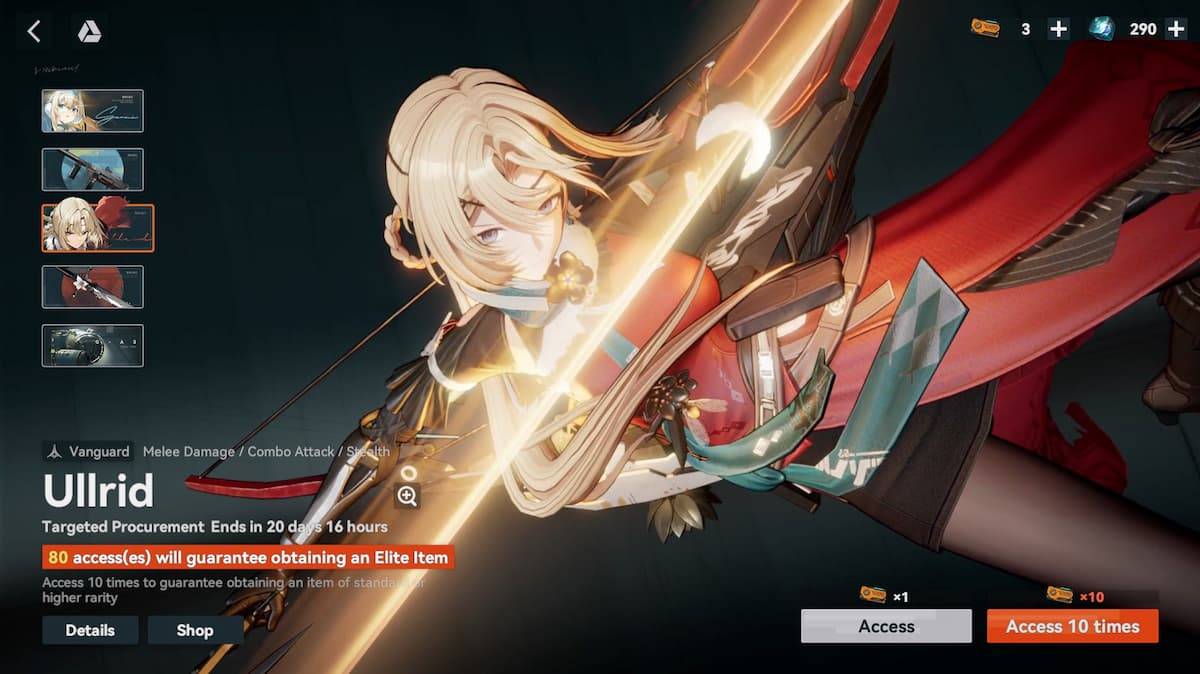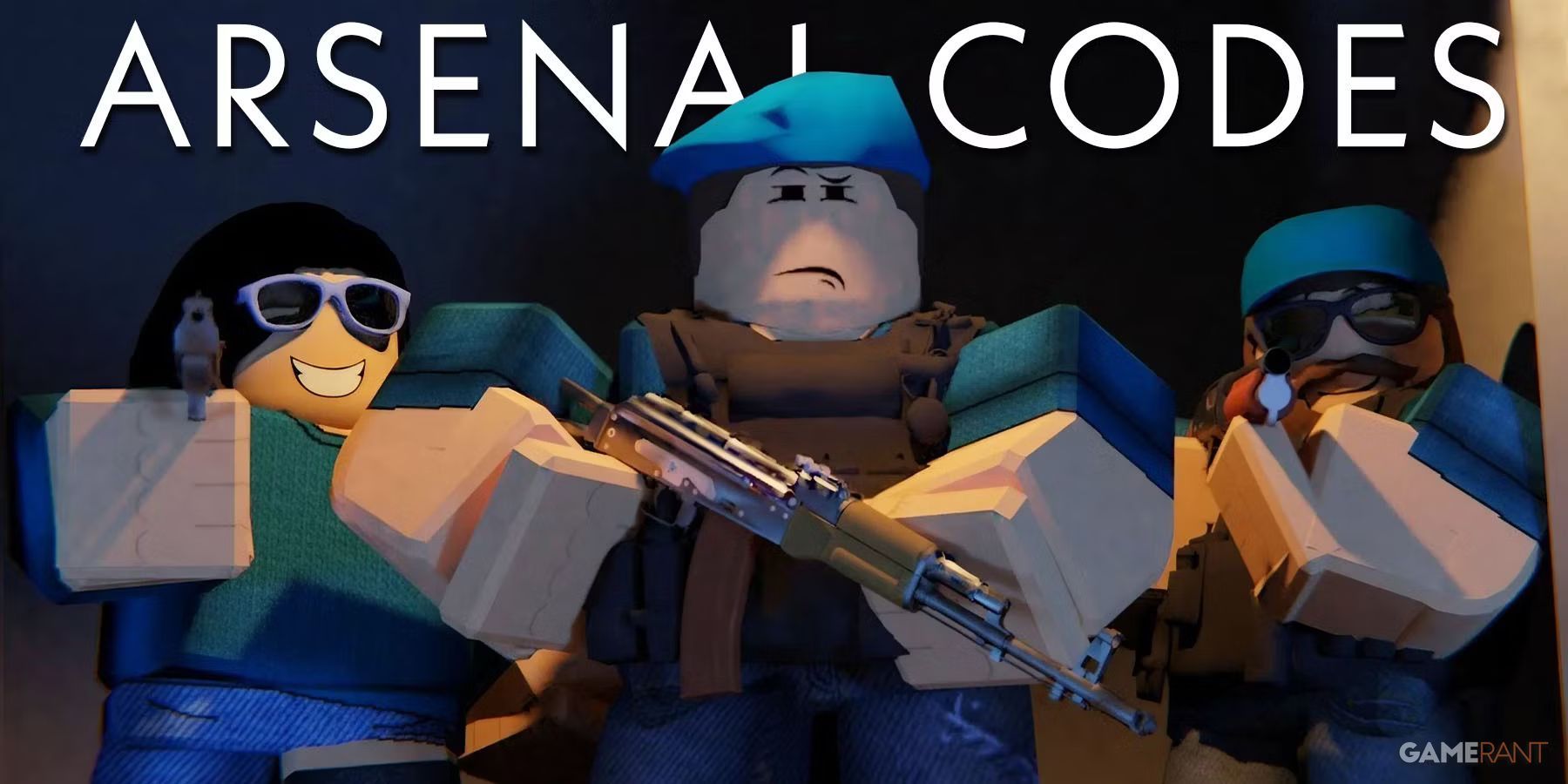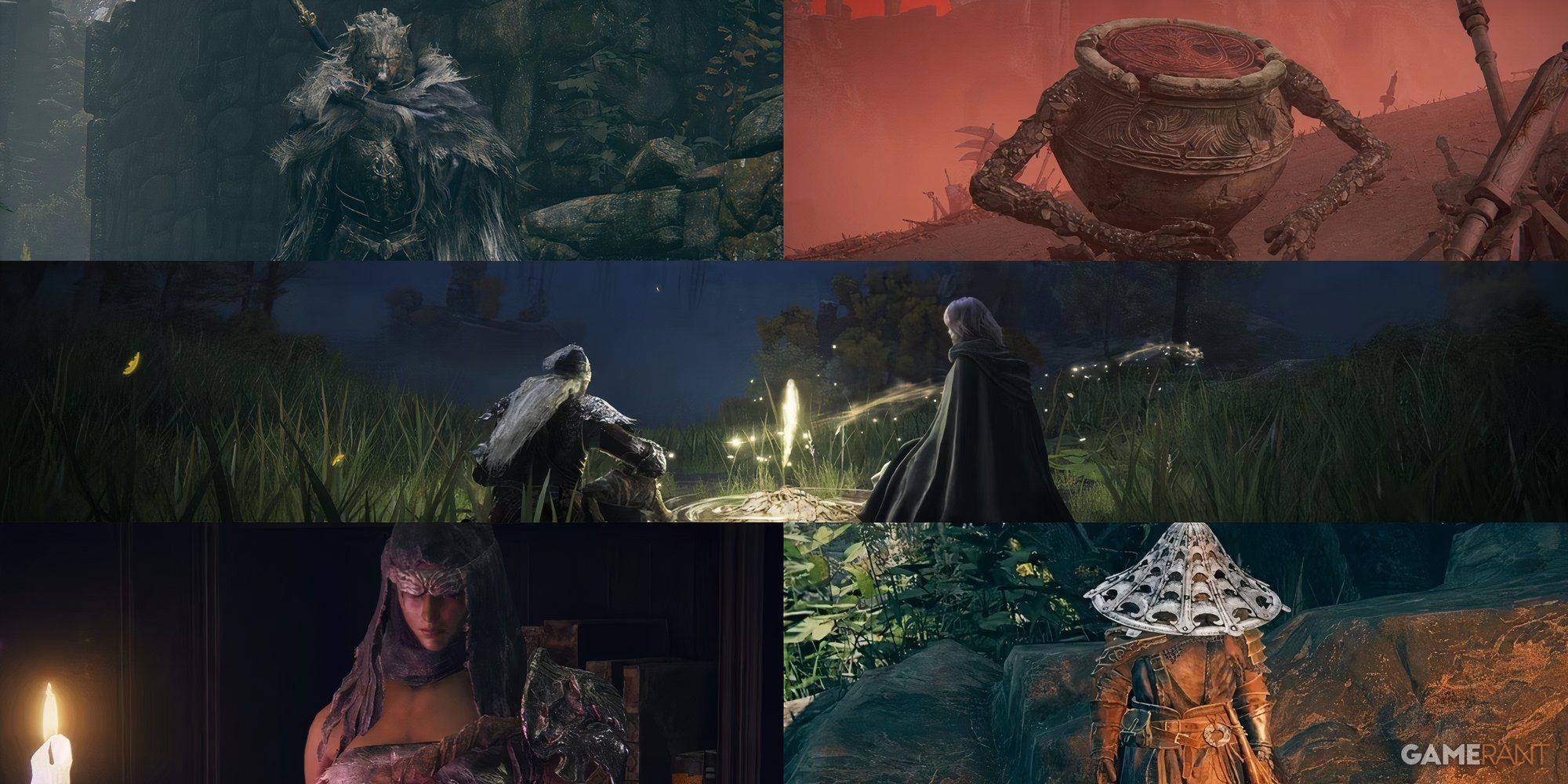"Assassin's Creed 2 and 3: The Pinnacle of Series Writing"
One of the most unforgettable moments in the entire Assassin’s Creed series occurs early in Assassin’s Creed 3, when Haytham Kenway has just finished assembling his team of supposed assassins in the New World. The twist comes when Haytham, who wields a hidden blade and exudes the same charisma as the iconic Ezio Auditore, utters the Templar phrase, “May the Father of Understanding guide us.” This revelation that we have been following the Templars, not the Assassins, showcases the series' narrative depth and potential. This surprise twist exemplifies how Assassin’s Creed can truly captivate players with its storytelling.
The initial game in the series laid out an intriguing premise of tracking and eliminating targets, but it lacked in-depth character development for both the protagonist Altaïr and his targets. Assassin’s Creed 2 improved upon this by introducing the beloved Ezio, yet it still fell short in fleshing out the antagonists, such as Cesare Borgia in Assassin’s Creed: Brotherhood. It wasn't until Assassin’s Creed 3, set during the American Revolution, that Ubisoft fully committed to developing both the hunter and the hunted. This approach created a seamless narrative flow and a perfect balance between gameplay and story that has yet to be replicated in subsequent titles.
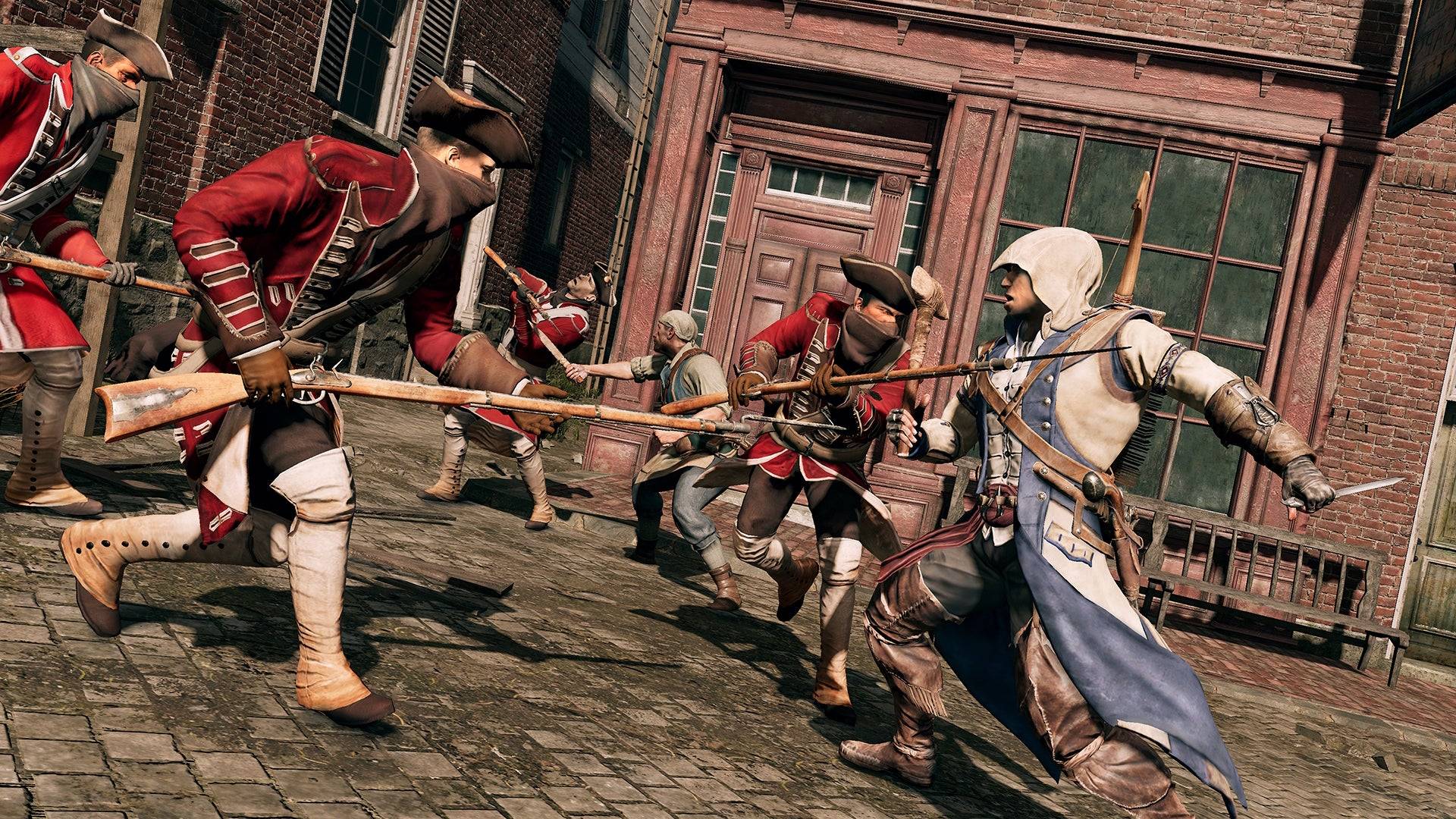
While the current RPG-focused era of Assassin’s Creed has been largely well-received, many fans and critics argue that the series is on a downward trajectory. The reasons for this perceived decline vary, from the increasingly fantastical premises involving mythological beings like Anubis and Fenrir, to the introduction of romance options and historical figures like Yasuke in Assassin’s Creed Shadows. However, I believe the root cause is the shift away from character-driven narratives, which have become lost amidst the expansive sandbox worlds.
Over time, Assassin’s Creed has expanded its original action-adventure formula with RPG elements, including dialogue trees, XP-based leveling systems, loot boxes, microtransactions, and gear customization. Yet, as the games have grown larger, they've started to feel more hollow. Not just due to repetitive side missions, but also in terms of storytelling. For instance, while Assassin’s Creed Odyssey offers more content than Assassin’s Creed 2, much of it feels less polished and immersive. The extended scripts to accommodate multiple player choices can dilute the character development, making interactions feel less like engaging with historical figures and more like dealing with generic NPCs.
The earlier games’ focused narratives allowed for deeply crafted characters, as seen in Ezio’s impassioned speeches or Haytham’s poignant final words to his son, Connor:
“Don't think I have any intention of caressing your cheek and saying I was wrong. I will not weep and wonder what might have been. I'm sure you understand. Still, I'm proud of you in a way. You have shown great conviction. Strength. Courage. All noble qualities. I should have killed you long ago.”
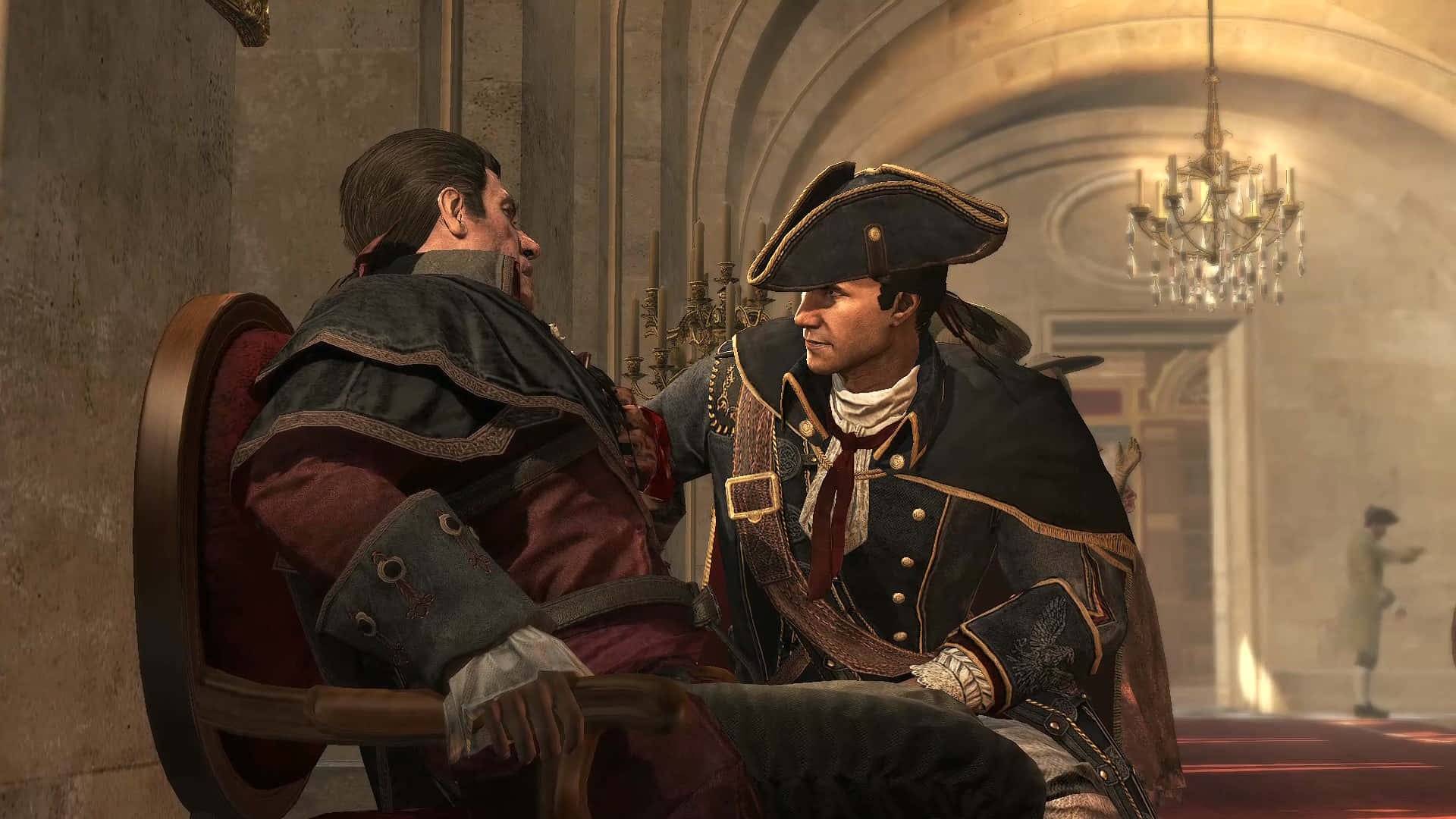
The narrative quality has declined in other ways, too. Modern games tend to simplify the moral dichotomy to Assassins = good and Templars = bad, whereas earlier entries like Assassin’s Creed 3 delved deeper into the gray areas between the two factions. Each Templar's dying words challenge Connor’s beliefs, questioning the morality of both sides and the true nature of their conflict. Haytham's assertion that George Washington's America would be no less tyrannical than the British monarchy adds complexity to the narrative, culminating in a story that leaves players with more questions than answers—a hallmark of strong storytelling.
Reflecting on the series, it's evident why the track "Ezio’s Family" from Assassin’s Creed 2 resonated so deeply with players, becoming the series’ thematic cornerstone. The PS3-era games, particularly Assassin’s Creed 2 and 3, were fundamentally character-driven, with "Ezio’s Family" evoking Ezio’s personal loss rather than merely setting the scene. While I appreciate the expansive worlds and stunning visuals of the newer games, I hope Assassin’s Creed will one day return to its roots, delivering the focused, character-centric stories that initially won my heart. However, in today’s market, dominated by expansive sandboxes and games with live service elements, such a return might not align with current business models.
Latest Articles






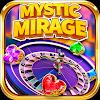




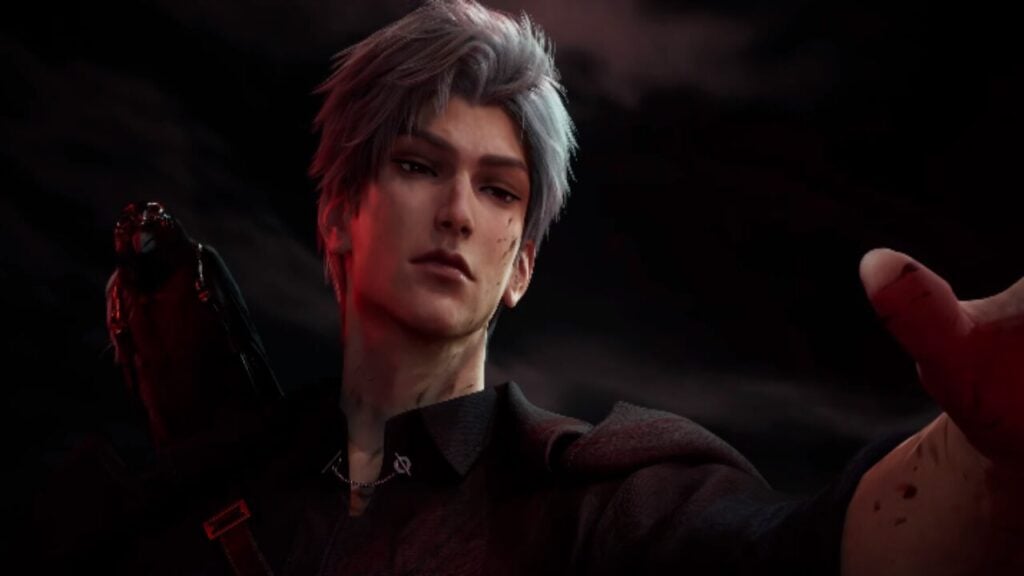
![Roblox Forsaken Characters Tier List [UPDATED] (2025)](https://images.dyk8.com/uploads/18/17380116246797f3e8a8a39.jpg)
